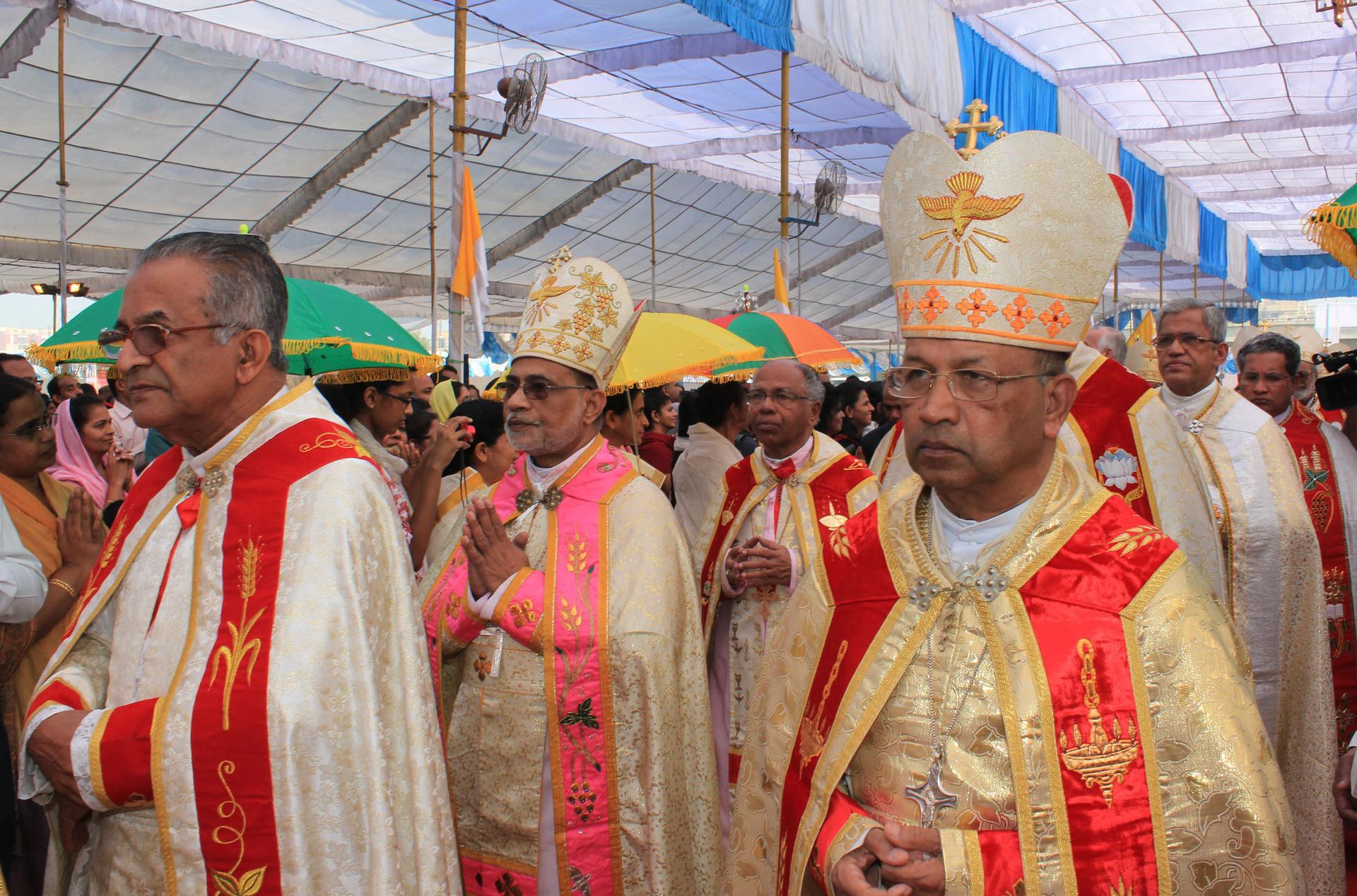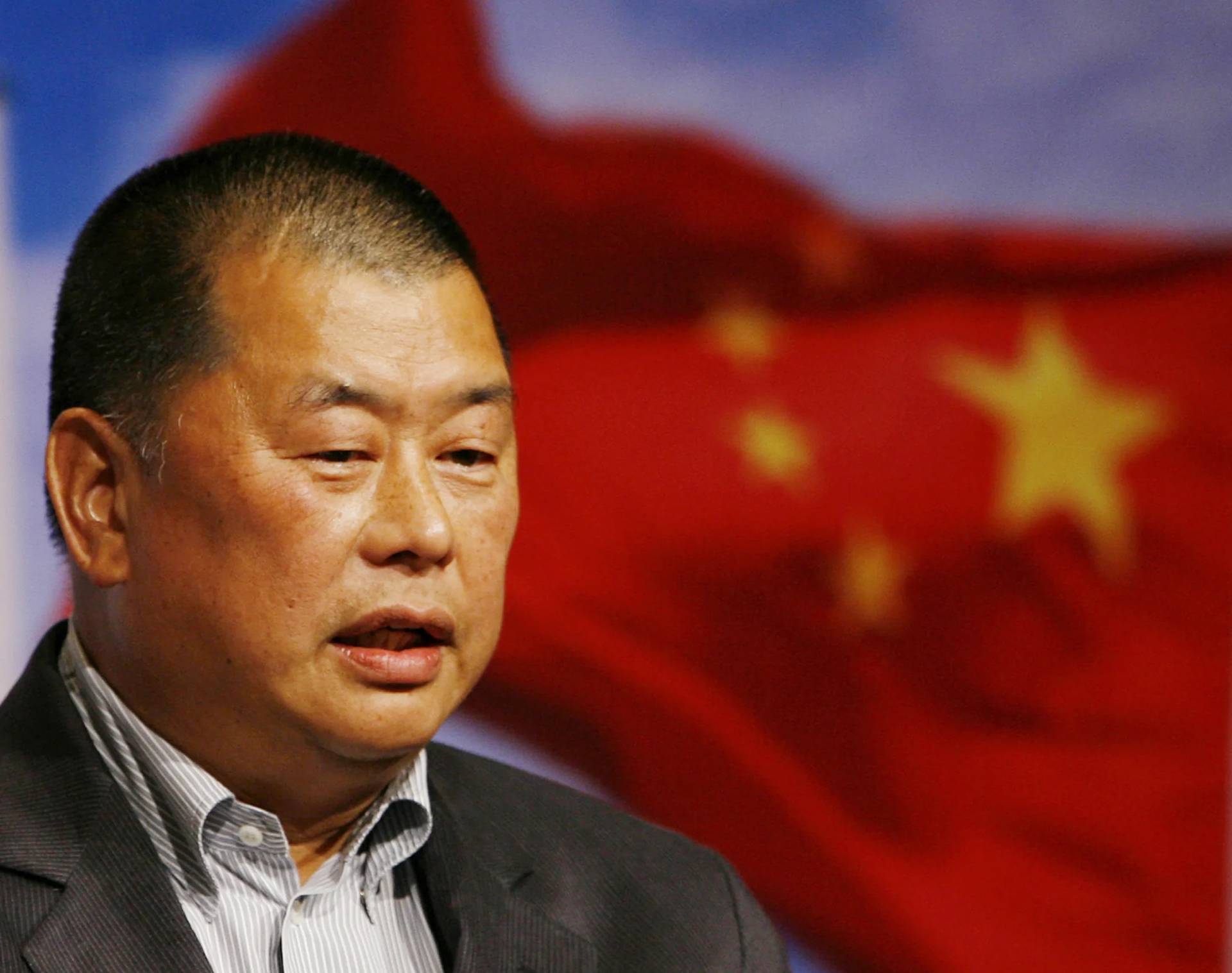MUMBAI, India – As bishops around the world meet at the Vatican for the Synod on Synodality, some Catholics in India say they must address the the “draconian casteism, caste discrimination and domination prevailing historically in the Catholic Church” especially among the dominant Dalit population in the Church.
Dalits were formerly known as “Untouchables,” the lowest level on the Hindu caste system. In India, it is common for caste discrimination to exist even in non-Hindu religions, including Christianity.
Dalits comprise about 65 percent of the Catholic faithful in India and were converted from the early days of Christianity in India. However, even though there are about 180 Catholic bishops in India, only 12 among them are Dalit bishops.
Historically caste problems have been especially acute in Tamil Nadu and Pondicherry, a former French colony that was taken over by India in 1954. There, Dalit Catholics comprise 75 percent of the population, but there is only one Dalit bishop.
“The ecclesial tradition of the Catholic Church in India is the caste tradition of the Indian Catholic hierarchy and clergy. This is most conspicuously evident from the Catholic hierarchy that continues to be caste dominant. It calls for Imminent Intervention of the Holy See in the spirit of Synodality to stop this contemptuous situation,” said Professor M. Mary John, the president of the Dalit Christian Liberation Movement (DCLM).
The first session of the “Synod on Synodality” held in October 2023 focused on the nature and description of a Synodal Church as one in “communion, participation, discernment and mission.”
The second and final session began this week in the Vatican, and it will is on “How to be a Synodal Church in Mission.”
“To be a Synodal Church as described above, it is necessary and inevitable to identify the serious obstacles and hindrance to Synodality itself. Discernment for Synodality must focus on this more than on any other thing concerned. It has to be done more particularly at each country level rather than the Universal Church level,” John said in a statement.
“It was declared by the Catholic Bishops’ Conference of India(CBCI) itself that casteism is a grave sin. So the primary mission of the Synodal Catholic Church in India should be to root out this most inhuman and pernicious untouchability practice and caste discrimination against the Dalits within. Synodal Mission is not just a concept and doctrine. It should be in action with concrete agenda and roadmap,” he added.
“There are, of course, other serious concerns namely, equal participation and role for the lay faithful in the ministries and administration, and equal role and rights for the women faithful including even promotion of nuns to bishopric,” John continued.
“These are issues common to all countries. But the caste issue is unique to Indian Catholic Church which the Dalit Christian Liberation Movement (DCLM) has been raising in recent decades,” he said.
John noted the “blatant victimization” of Dalits by the caste hierarchy, saying it abuses its ecclesiastical power “in the name of ‘Grace of God’ or the ‘call of the Holy Spirit’ as a ploy.”
He said with the domination in the Church by members of higher castes – leading to discrimination and inequalities against Dalits – “a Synodal Catholic Church in India will be only an elitist and pious concept expressed in prolific writings and as mere documents, but it is not going to be a reality.”
“It should be also pointed out that there is no dearth of merit, ability or qualification among the Dalit priests. It is not really or simply the merit constraint as projected, but it is the caste constraint that always puts Dalit priests behind. This is what we are forced to fight,” John said.
He said explaining away the exclusion of Dalits with the procedure and process of selection or even citing Canon Law as reason “only confirms that it is a systemic injustice to Dalits.”
“There has to be some appropriate and special procedure and process to address the exclusion of Dalits which is of historical nature,” he said.
“The historical exercise for Synodality well intentioned by Pope Francis should not end up in proliferation of documents with mere concepts, pious wishes and doctrines, but it should ultimately give rise to concrete action for seminal changes in each country context, especially to end injustice, inequality, marginalization or exclusion anywhere in the Church,” John said.
He claimed the Indian Catholic hierarchy behave as if the question of caste discrimination, denial of equality and rights to Dalit Catholics “has nothing to do with Christian faith and religion.”
“They treat the whole thing as non-issue in the Church or extraneous to faith. This is, in fact, the very mission of Jesus to the oppressed,” he added.
John said the Indian Catholic hierarchy should follow up the Synod on Synodality 2024 with a concrete roadmap to end Dalit Catholics exclusion in the Church.
“Time-bound steps should be initiated to appoint equitable number of Dalit bishops in every State of India. The following steps are imminent as a way forward,” he said, adding Dalit priests could be appointed as auxiliary bishops in several dioceses and some large dioceses could be divided with Dalit bishops appointed as to the new dioceses created.
“Opportunities could be created by the Vatican specially for Dalit priests to get higher training and qualifications to prepare them for bishopric [and] a high level committee from the Vatican appointed by Pope Francis should monitor the above, as otherwise nothing worthwhile would be done for this by the Indian hierarchy, which is the experience so far,” John said.
“Finally, the caste discrimination and exclusion of Dalits is a serious hurdle for Synodality in the Indian Catholic Church,” he continued.
“However, Dalits inclusion and empowerment should be unequivocally the matter of centrality to establish a genuine Synodal Church in India,” he said.














